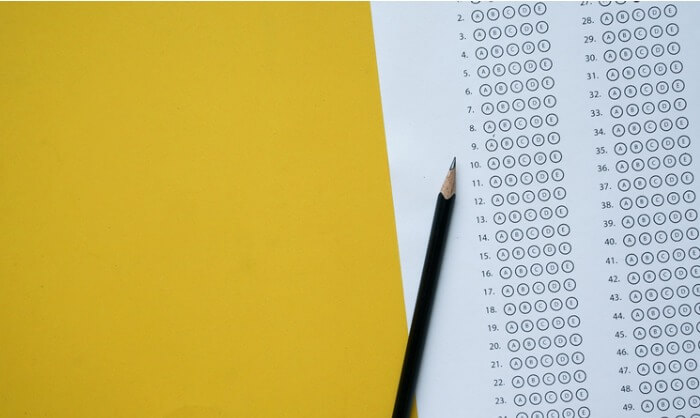Coronavirus prompts China to cancel February GRE and GMAT tests
The outbreak of a deadly coronavirus in China has caused that country’s National Education Examinations Authority (NEEA) to cancel several tests that Chinese students need to take in order to attend college in the United States. All English-language tests that had been scheduled for February — including the Graduate Management Admission Test (GMAT) and the Graduate Record Examinations (GRE) — are now cancelled, “potentially disrupting enrollment plans at educational institutions across the globe.” In a statement announcing the decision, the NEEA said it was acting “to contain the spread of coronavirus at all public venues, including test centers.” The cancellations could affect students’ ability to enroll in U.S. schools in time for the fall semester.
Source: Inside Higher Ed
Applications to MBA programs are on the rise — in other countries
It should probably come as no surprise that as the number of international applicants to U.S. MBA programs is declining, the number of students applying to business schools in other countries is on the rise. According to the Association of MBAs (AMBA), applications to its affiliated business schools located outside of the U.S. increased by 9% from 2017 to 2018. Enrollment rose by 10%. In addition, “the proportion of women being enrolled onto MBA programs had increased by 1 percentage point to 37%, across the world.” On average, the number of applications received by each school increased from 506 in 2017 to 550 in 2018. The biggest increase was in China (which AMBA defines as including Hong Kong), where applications rose, on average, by 29% at each school.
Source: Poets & Quants
New study indicates high school GPAs, not standardized test scores, are better predictors of college graduation
A new report published by the American Educational Research Association asserts that high school students’ grade point averages (GPAs) are “are five times stronger than their ACT scores at predicting college graduation.” Researchers also came to the conclusion that the “predictive power of GPAs is consistent across high schools” while “the relationship between ACT scores and college graduation depends on which high school a student attends.” At some schools, there was no correlation between ACT scores and graduation rates. After controlling for student backgrounds and college characteristics, the report’s authors calculated that “the chance of graduating from college ranges from 20 percent for students with high school GPAs under 1.5 to about 80 percent for those with GPAs of 3.75 or higher.”
Source: Phys.org
Does “Big Brother” belong on campus?
The debate over the use of surveillance technologies on campus is back in the news. According to one report, the University of Missouri now requires new student-athletes on scholarship to use an app that tracks their location in order to verify their attendance in class. Other students are not required to comply with the rule, but they can opt into the program if they’d like. Critics of such programs fear they could be used for other purposes, such as “monitoring which students are participating in protests.” In other news, a survey of nearly 90 U.S. universities found that most said they have no plans to begin using facial recognition software, although dozens said they “might use” it. Only two of the surveyed schools — Stanford University and the University of Southern California — said they are already using facial recognition technology on campus.
Source: Campus Reform and BanFacialRecognition.com
